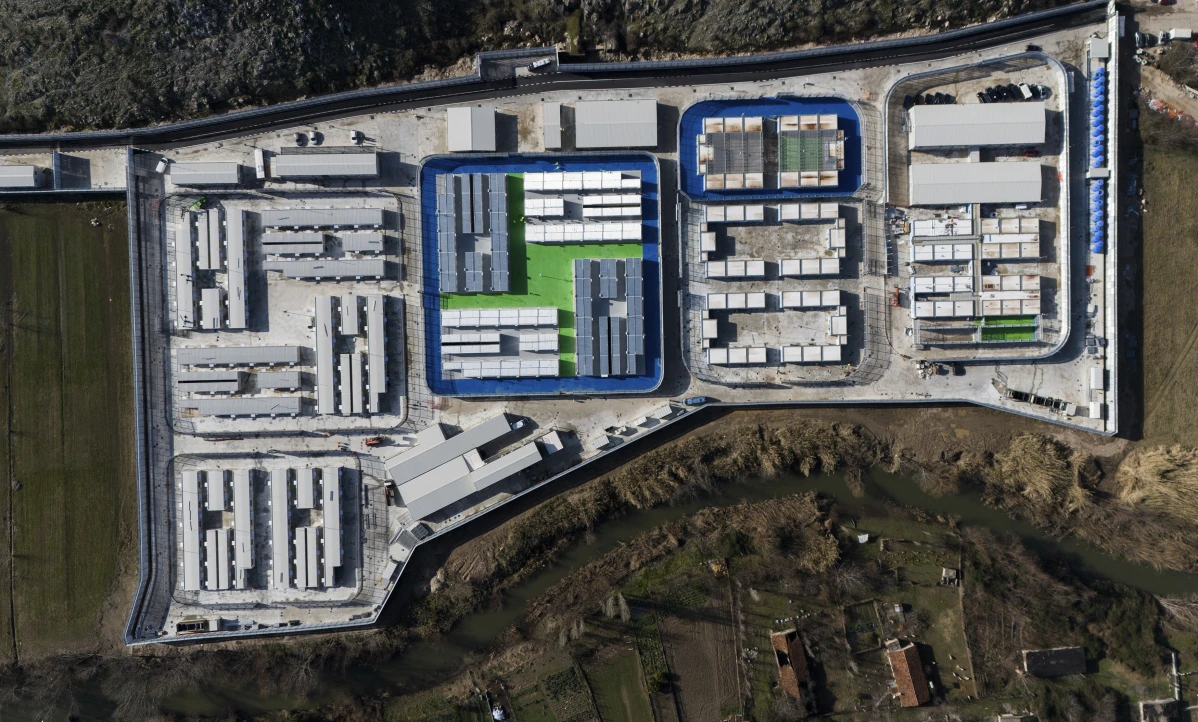EU Commission backs Italy’s plan to use Gjadër Camp for migrant detention

The European Commission has confirmed that Italy’s decision to use the Gjadër camp in Albania for detaining migrants awaiting deportation is in line with EU law. The endorsement follows the Italian government’s approval of a new decree that expands the use of the camp, allowing the detention of migrants who no longer qualify for asylum for up to 18 months while deportation procedures are completed.
Why is this important: The ruling marks a significant step in Italy’s migration management strategy. The plan, established through a bilateral agreement with Albania, enables Italy to transfer migrants to Albanian territory for processing. According to the Commission, the arrangement complies with EU standards as long as Italian law is applied in the camp.
Context: The Gjadër camp was initially intended to house migrants rescued in international waters. However, the Italian government’s new decree expands its purpose to include migrants whose asylum claims have been rejected. Critics have voiced concerns over the potential legal implications of transferring migrants to a third country, but the Commission reiterated that the current framework is not comparable to the proposed EU-wide concept of return centers in non-EU countries.
“In principle, the decision is consistent with EU law as it involves the application of Italian legislation in the center,” said Markus Lammert, a spokesperson for Home Affairs and Migration at the European Commission. The Commission emphasized that it will continue to monitor the implementation of the agreement to ensure that human rights obligations are upheld.
Meloni’s Response: Italian Prime Minister Giorgia Meloni welcomed the Commission’s stance, describing it as a validation of her government’s approach. During a summit in London on migration, Meloni claimed that the model has gained growing support within the EU.
“A model that was initially criticized has now gained growing support. Today, the EU itself proposes the creation of return centers in third countries. This confirms that we were right,” she said.
Meloni argued that the Gjadër initiative serves as a deterrent to irregular migration and accelerates deportation procedures.
What’s next: The Italian government is expected to move forward with its plans, but human rights organizations and legal experts are likely to closely scrutinize the camp’s operations. The European Commission has committed to maintaining oversight to ensure the agreement remains compliant with EU standards.


